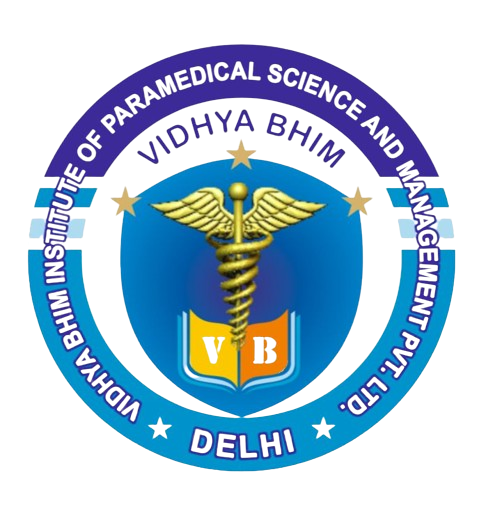
PARANADICAL & ALLIED SCIENCE COURSES
Medical Records Management
A medical record, often abbreviated as MR or MRD, is a comprehensive document that contains a patient’s medical history, diagnoses, treatments, medications, allergies, and other pertinent information related to their healthcare. It serves as a vital tool for healthcare professionals to track and manage a patient’s health over time, ensuring continuity of care and facilitating communication between different healthcare providers involved in the patient’s treatment. Medical records are typically kept confidential and are subject to strict privacy regulations to protect patients’ sensitive health information.
Eligibility for MRD Medical Record
The eligibility for accessing or obtaining medical records, often referred to as MRD (Medical Record Disclosure), typically depends on legal and ethical guidelines established by healthcare authorities and institutions. Here are some general principles regarding eligibility:
Patient Access: In many jurisdictions, patients have a legal right to access their own medical records. This access allows individuals to review their health information, ensure accuracy, and make informed decisions about their healthcare.
Authorized Representatives: In cases where patients are unable to access their records themselves, they may designate authorized representatives to act on their behalf. This could include family members, legal guardians, or individuals granted power of attorney.
Healthcare Providers: Healthcare professionals directly involved in a patient’s care typically have access to the patient’s medical records as part of their responsibilities in providing treatment and managing health outcomes.
Legal and Regulatory Requirements: There may be specific legal and regulatory requirements governing who can access medical records and under what circumstances. These regulations often prioritize patient privacy and confidentiality while ensuring that healthcare providers have access to necessary information for providing care.
Research and Public Health: In some cases, medical records may be accessed for research or public health purposes. However, strict protocols and ethical considerations usually govern access to ensure patient privacy and confidentiality are maintained.
Third Parties: Access to medical records by third parties, such as insurance companies, employers, or law enforcement agencies, is typically restricted and may require authorization from the patient or legal processes such as a court order.
